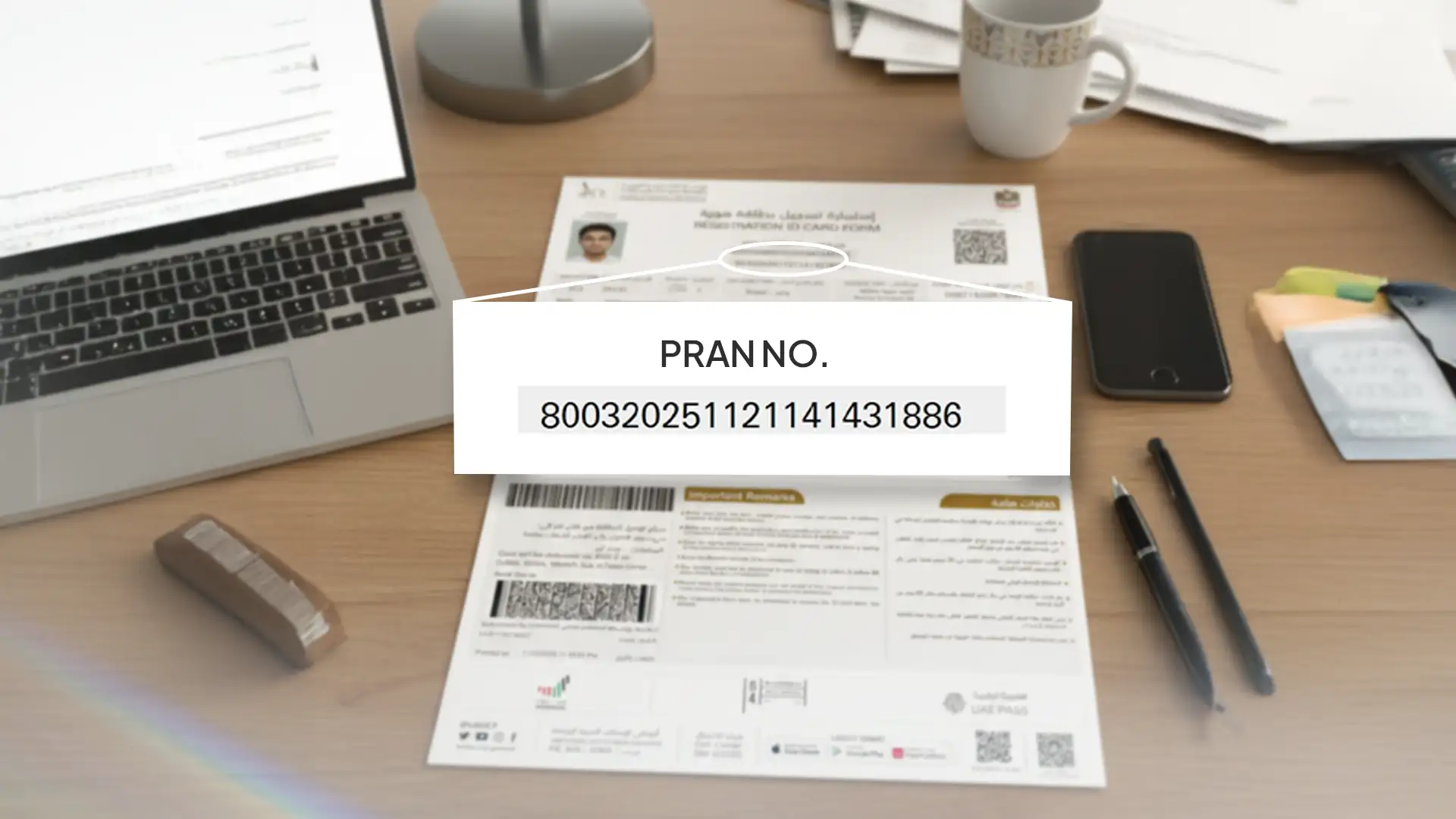
Topic Summary
1. Understanding VAT Obligations in Dubai
Navigating the Value Added Tax (VAT) landscape in Dubai requires a comprehensive understanding of the Federal Tax Authority’s (FTA) regulations. Businesses must be aware of registration thresholds, submission deadlines, and documentation requirements to ensure full compliance and avoid any penalties.
2. Benefits of Professional VAT Filing Services
Engaging expert VAT filing services offers businesses accuracy and efficiency in preparing and submitting VAT returns. Professionals ensure timely filings, minimise errors, and optimise tax positions, allowing companies to focus on core operations without the burden of complex compliance.
3. Expertise Provided by Meydan Free Zone
Meydan Free Zone specialises in providing VAT filing services tailored to the unique needs of businesses operating within Dubai’s regulatory framework. Their expert team stays updated with evolving tax laws to deliver end-to-end support, from registration assistance to final return submissions.
4. Ensuring Compliance and Risk Mitigation
Accurate VAT filing is crucial for mitigating risks related to audits, fines, and reputational damage. Professional services include thorough reviews to identify discrepancies, guarantee the correct application of VAT rates, and maintain comprehensive records for future reference.
5. Supporting Business Growth Through VAT Compliance
Reliable VAT filing services contribute to building long-term trust with stakeholders and pave the way for sustainable business growth. By partnering with Meydan Free Zone, companies can confidently navigate tax compliance requirements and focus on expanding their operations within Dubai’s dynamic market.
Looking for reliable VAT filing services in Dubai? As the UAE continues to roll out new tax regulations, staying compliant is no longer optional. Accurate VAT returns and corporate tax filings are essential for avoiding penalties and building long-term trust with stakeholders. That’s where Meydan Free Zone steps in offering expert-led VAT filing services in Dubai that take the complexity out of compliance and help your business grow confidently. You will discover that we offer expert corporate tax filing services in Dubai, ensuring your corporation thrives. Check out more about our tax compliance support services here.
With the implementation of the Value Added Tax in January 2018, the United Arab Emirates' initial value-added tax rate was set at 5%. With the new tax laws in the UAE jurisdiction, corporations experience ease of compliance, particularly in accessing services, although some limitations apply.
Whether you’re starting out or scaling up, our services cover everything from tax registration services Dubai to ongoing support for corporate tax return filing services in UAE.
Meydan Free Zone's VAT Filing Services
Although the new UAE tax rules streamlined compliance for companies, staying legally compliant still plays a major role in protecting your business's credibility. Accurate VAT return submissions help you avoid costly penalties and fines while also safeguarding the long-term trust you have built with stakeholders. Clear, complication-free financial records make audits more secure and build confidence across everyone you work with, from banks to partners to regulators.
Our specialised services include:
- VAT tax registration services in Dubai: Assistance with registering your business for VAT with the Federal Tax Authority (FTA).
- VAT Return Filing: Timely and accurate corporate tax return filing services in the UAE to ensure compliance.
- Advisory Services: Expert advice on VAT-related matters to optimise your tax position.
- Record Keeping: Maintaining accurate records as required by the Federal Transit Administration (FTA).
We offer a full range of VAT filing services in Dubai to help businesses stay compliant and grow smoothly. At Meydan Free Zone, our team works closely with clients to guarantee a stress-free and straightforward process. From meeting tax requirements to supporting your day-to-day operations, we are here to ensure everything runs smoothly and help your business move forward.
Benefits of Choosing Meydan Free Zone for VAT Services
The benefits of working with Meydan Free Zone for VAT services include the following:
- Competence: Our staff possess great knowledge in the field of VAT and tax operations of the UAE, as well as FTA regulations.
- Customised Solutions: The ideal service for meeting the growing demands of your business.
- Efficiency: Simplified procedures that facilitate time management and reduce the load of administrative duties.
- Compliance Assurance: Regular updates and checks to ensure ongoing compliance.
Steps to Register for VAT in Dubai
To register for VAT, various activities are required:
- Confirm the Business Preconditions: Ensure that your business fulfils the registration scope criteria and relevant thresholds.
- Prescribe and Obtain the Necessary Documents: Obtain the requisite document set that contains a trade license, financial statements, and relevant identification documents.
- Registration VAT: Company tax registration in Dubai is submitted through the FTA login.
- TRN Approval: After the evaluation, the subsequent step is to issue the Tax Registration Number (TRN).
At Meydan Free Zone, we support clients throughout every step of the tax registration process in Dubai, ensuring a seamless and effortless experience for all our clients. If your business earns more than AED 375,000 a year from taxable sales or services, not profit but total income, you must register for VAT in Dubai and submit regular tax returns. Understanding the limits and scope of VAT is crucial for ensuring compliance and developing effective financial strategies.
In Conclusion
Listed below are some challenges that are faced in the filing of VAT returns:
- Complex Legal Regulations: Navigating the VAT laws can be a complex and overwhelming effort.
- Accurate Records: All business transactions must be accurately captured.
- Keeping Deadlines: Submission of corporate tax return filing services in the UAE must be completed within the stipulated deadlines to avoid incurring penalties.
- Being prepared for Federal Transit Administration (FTA) audits: A business or company must be prepared for possible audits at any time.
With Meydan Free Zone, these challenges can be managed effectively. Our corporate tax filing services in Dubai ensure you stay compliant, confident, and focused on growth. Let our team handle the complexities so you can run your business smoothly.
FAQs
1. What is the VAT charge inside the UAE?
The standard VAT fee in the UAE is 5%. It applies to most goods and services, which includes imports. However, healthcare, education, and residential property may be zero-rated under the circumstances specified by the Federal Tax Authority (FTA).
2. Who needs to register for VAT in Dubai?
Companies whose taxable supplies and imports exceed AED 375,000 annually are required to register for VAT. There is also an option of voluntary registration for businesses whose expenditures or gross income reach AED 187,500. That allows businesses to opt into the VAT system. Meydan Free Zone can help determine your eligibility.
3. How often do I want to report VAT returns?
Most organisations in Dubai are required to file VAT returns on a quarterly basis. However, depending on the nature and size of the commercial enterprise, the Federal Tax Authority can also assign a monthly filing schedule. Filing closing dates must be strictly adhered to avoid penalties or fines.
4. What are the penalties for past-due VAT filing?
Failing to file VAT returns on time can result in monetary penalties. The FTA may also impose a fixed fine in addition to a daily penalty for every day the corporate tax return filing in Dubai is late. Continuous delays can result in larger fines and more severe consequences for your business.
5. Can Meydan Free Zone help with VAT registration?
Yes, Meydan Free Zone provides comprehensive assistance with VAT registration. From preparing documentation to submitting your software at the FTA portal, our team ensures a smooth registration procedure. We also offer submission registration assistance to help you meet all compliance requirements.
6. What documents are required for VAT registration?
To sign up for VAT, you typically need your trade license, the owner's Emirates ID or passport, bank account information, economic statements, and business details. Additional documents may be required depending on your business's industry. Meydan Free Zone helps organise and submit these efficiently.
7. Is VAT relevant to all companies in Dubai?
VAT applies to all companies in Dubai, particularly those involved in the business of supplying goods and services. However, certain industries, such as financial services and real estate, may be exempt or zero-rated. It is essential to review your business interests to determine any VAT obligations that may apply.
8. How can I ensure compliance with VAT legal guidelines?
Compliance with legal requirements, such as VAT laws, requires maintaining basic documentation, keeping up-to-date filings, and paying attention to the FTA's (Federal Tax Authority) announcements. Otherwise, Meydan Free Zone clients can relax as their professionals handle their VAT obligations and all relevant legislation and compliance issues.
9. Does Meydan Free Zone offer ongoing VAT support?
Yes, it does. At Meydan Free Zone, we provide ongoing support for VAT, including filing returns, offering advisory services, and conducting compliance audits. Our specialists help guide and track compliance with deadlines and other regulatory requirements to keep your company compliant. That allows you to shift your attention to your primary business operations without worrying about other obligations.
































